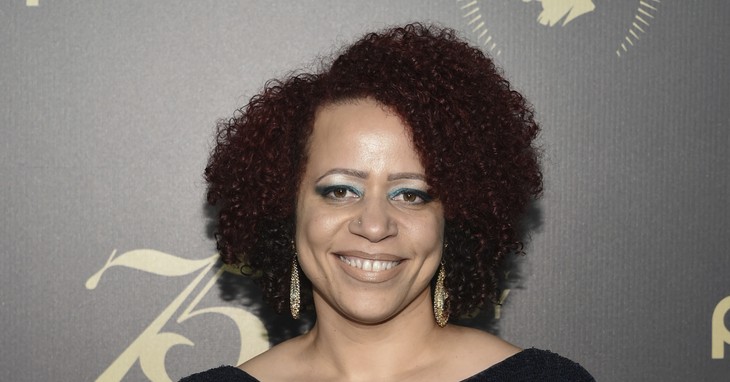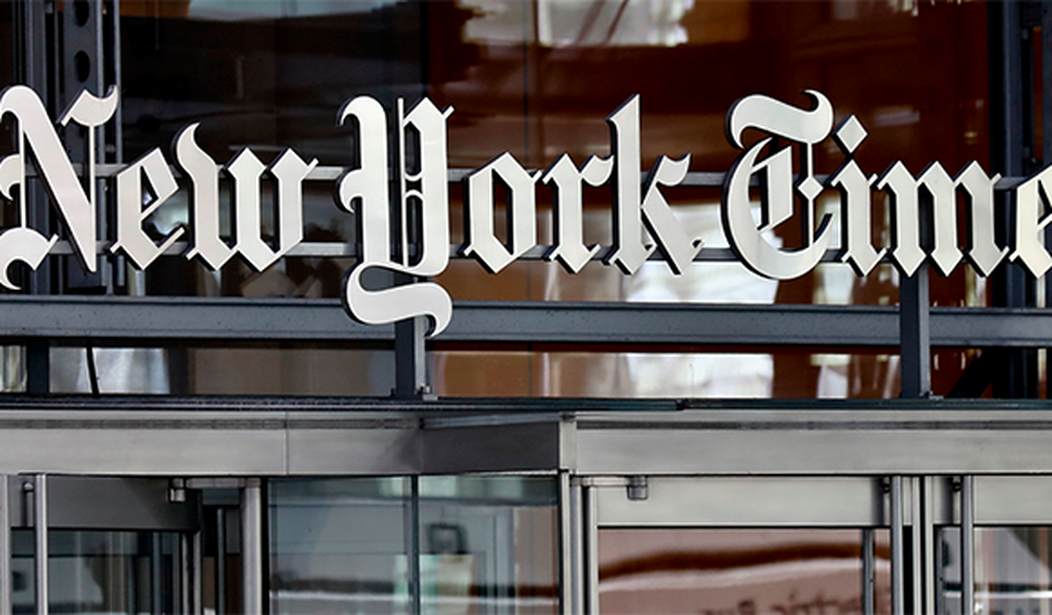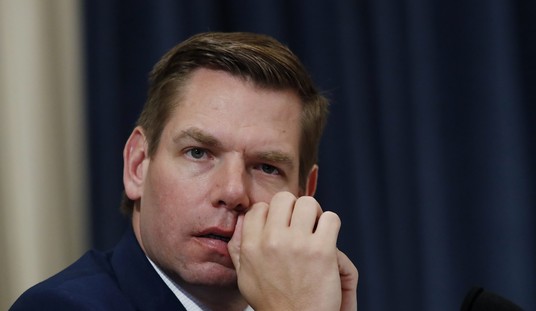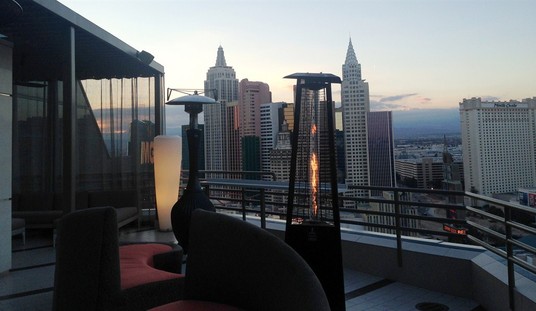It should go without saying that, no matter where you work, you don’t gossip, trash talk, or openly attack your colleagues. However, it was apparently unclear to reporters at the New York Times that you shouldn’t be doing this on a public forum like Twitter.
Over the last several months, it’s become clear that Times reporters actually have no problem making their issues public and they have begun doing so on Twitter — a vicious hellsite notorious for allowing people to spout the vilest harassment possible with punishment doled out to violators inconsistently at best.
Twitter has a reputation for this. You can post a video of your puppy’s cute bark and there are people out there who will jump at the opportunity to say your dog is a worthless mongrel that should be hit by a truck. Something about the site just brings out the worst in all of us.
But apparently, the newsroom drama is so bad that the Times‘s executive editor, Dean Baquet, had to issue a memo to employees saying, essentially, “You don’t have to be on Twitter, and if you are, for God’s sake stop attacking your colleagues.”
Baquet wrote that maintaining a Twitter presence is now “purely optional” for Times journalists.
“If you do choose to stay on, we encourage you to meaningfully reduce how much time you’re spending on the platform, tweeting or scrolling, in relation to other parts of your job,” he wrote.
Baquet added that the Times would also step up its efforts to support journalists who receive harassment on social media.
“This is an industry-wide scourge, but we are determined to take action,” he wrote.
Baquet also said that “tweets or subtweets that attack, criticize or undermine the work of your colleagues are not allowed.”
From the actual memo itself:
Third, I want to emphasize that your work on social media needs to reflect the values of The Times and be consistent with our editorial standards, social media guidelines and behavioral norms. In particular, tweets or subtweets that attack, criticize or undermine the work of your colleagues are not allowed. Doing so undercuts the reputation of The Times as well as our efforts to foster a culture of inclusion and trust.
Masthead editors, department heads and our Standards department will pay close attention to how all Times journalists use social media to ensure it is in line with our social media guidelines.
The memo itself is actually pretty revolutionary. Media outlets have been pushing engagement on social media in order to drive traffic and conversation about the stories they’re promoting. And while social media standards for newsrooms have been pretty uniform over the years, it looks like reporters at the Times either started ignoring the standards they had, or the paper newsroom never really had any. I find it highly unlikely that it’s the latter.
Instead, you have an atmosphere at the Times where they feel themselves above those norms. They work at the most prestigious paper in the country (perhaps the world!). Those rules aren’t for them. They are entitled to speak their mind on social media, no matter who it is they disagree with.

Especially when your newspaper has given you room to run rampant on social media over what’s published before.
One can’t help but wonder what exactly led to this memo, though it’s likely to just be months and months of build-up. I am willing to venture a guess that Nikole Hannah-Jones is responsible for a lot of the complaints the leadership at the Times has had to deal with. She doesn’t cover herself in a whole lot of glory when she tweets, usually attacking detractors with ad hominem deflections and incorrect information (just like her beloved 1619 Project).
Of course, the larger point of the memo is that they know online harassment of journalists is a thing (and it is, whether you think it’s deserved or not) and that their journalists are no longer required to be on social media to raise engagement of their stories. That the online harassment was apparently coming from inside the house and was bad enough that it had to be mentioned, though, should be noted.
Twitter is a horrible place. You can try to make the most of social media, but it rarely feels worth it. There are a lot of journalists who probably should delete their accounts and enjoy the fresh air a little more.













Join the conversation as a VIP Member